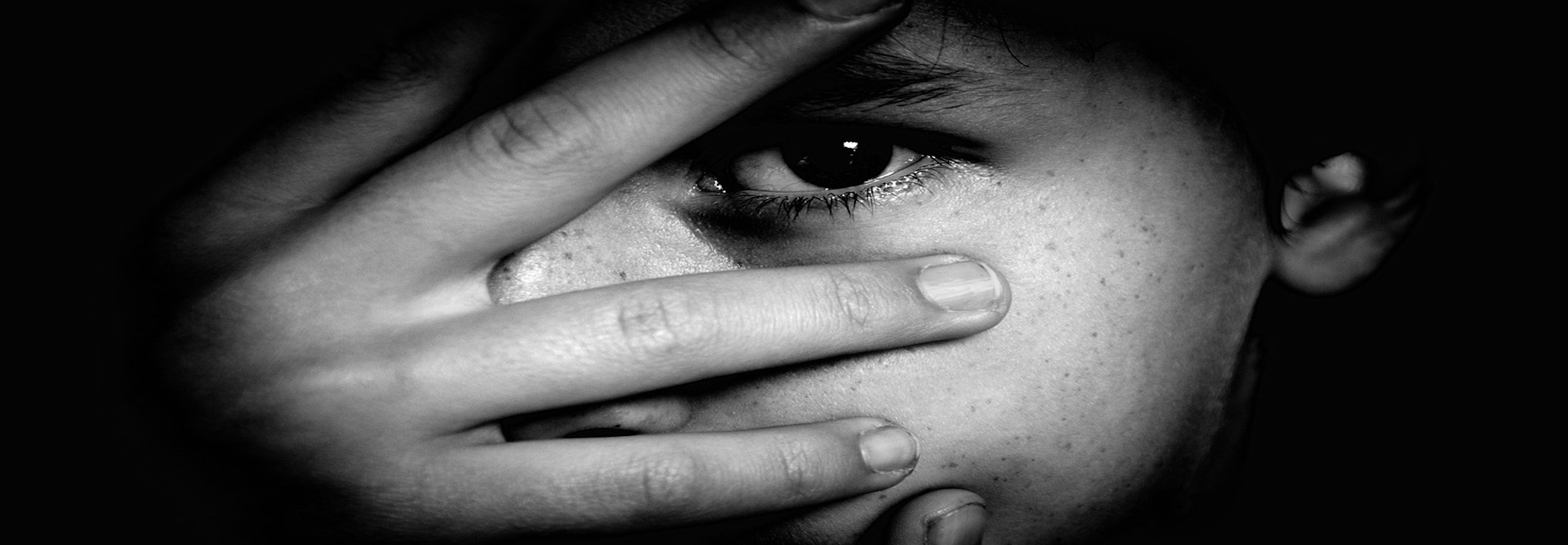Close Encounters of the Unwanted Kind*
Lila recently had an unpleasant experience where a stranger on a motor bike squeezed her bum. She was outraged but also shocked by the incident and asked for my comments.
These forms of paraphilias indicates a feeling of entitlement by the perpetrators and a complete lack of empathy for how the victim would feel. In fact, in some cases the shock or distress of the victim also invests the perpetrator with a sense of power.
It is not only touching inappropriately that is a part of this type of behaviour, but with the advent of the internet and the popularity of using it as a means of finding a partner, women are targeted by men sending them photos of their penises thereby causing outrage and distress, albeit indirectly.
While in no way condoning such dysfunctional behaviour, I need to emphasise that people who indulge in paraphilia are also damaged and are usually unable to relate well to others. It is often necessary to look at their childhoods to see where these behaviours originate. The feeling of entitlement and control may be a result of being abused in childhood and not having appropriate or loving relationships within families. Sometimes there is a cultural aspect where women or subordinates are seen as mere chattels resulting in a complete disregard for personal boundaries. Also, children who are emotionally neglected and unnoticed, can as adults, draw attention to themselves by exhibitionism. Negative attention after all is better than no attention at all.
There are also psychological factors that drive paraphilias. Individuals suffering from antisocial personality disorders often exhibit inappropriate sexual behaviours while others are driven by high levels of sexual compulsion and impulsivity. Here the sexual arousal is frequent and intense, leading to inappropriate touching of others and themselves, often in public.
It is not limited to men and there are women who touch inappropriately or expose themselves. However, culturally it is seen in a different context as the male victim might be flattered by the attention and it is very rarely reported as a form of abuse. It also often serves to validate power arising from the female form without the need for intimacy.
Stress plays a big role in paraphilia in that it is often seen as a means for reducing stress. Stress also drives individuals to engage in more risky behaviours which is governed by impaired judgement and a lack of control. Indulging in paraphilias to reduce stress levels only serves to reinforce the dysfunction and trigger the reward centres in the brain.
Stress can also be a trigger for latent paraphilias to be acted out and high levels of stress often interferes with treatment strategies. Furthermore, it is known that chronic anxiety and stress leads to neurological changes in the brain relating to impulse control which makes it harder to resist the indulgence in paraphilias.
Though there is some evidence that paraphilias can lead to more severe forms of sexual offences like rape, this is not inevitable. It could do so in the case of individuals with antisocial tendencies or when substance abuse is involved, but generally, escalation in this type of behaviour is unlikely.
However, there is a tendency to repeatedly indulge in the behaviours unless effective treatment and intervention strategies are in place due to the increased levels of gratification and pleasure.
These paraphilias lessen with age as sexual drive diminishes and health issues affects behaviour. Reduced mobility may also result in less opportunities to indulge in paraphilias. Older individuals, with the wisdom of maturity are also more likely to seek treatment. However, in some cases these behaviours can progress and continue well into old age as witnessed by carers in Care Homes.
Exhibitionism or inappropriate touching can be manifest in any culture or nation. However, the prevalence varies from nation to nation. In some countries it is regarded with tolerance whereas others have more strict laws. In countries where there is a strong public awareness, it is more likely to be reported and punished which might lead to the assumption that such behaviours are rife, but often under reporting is driven by fear of stigma or a lack of proper enforcement procedures. Also, in countries where there is good mental health services there might be lower rates of recidivism due to effective treatments being available.
Paraphilias are chronic and cannot be completely cured, but they can be managed and the occurrence of the behaviour patterns can be reduced using CBT, antidepressants and anti androgens. However the risk of relapse, if the treatments are stopped or the individual stress levels increase, is high.
Treatment therefore focuses on the reduction of harm to themselves and others rather than on a complete cure. Addressing these behaviours often requires a multifaceted approach, including therapy, medication, education, and changes in social attitudes towards consent and respect.
Victims on the other hand need to acknowledge their feelings about the incident, get support from their social networks or in extreme cases seek professional help and legal redress so as to prevent it from happening to someone else. They also need to give themselves time to heal and come to terms with what has happened to them.
*This article was written by ‘The Common Sense Therapist’, a retired psychologist who lives overseas and wishes to remain anonymous. She has many decades of experience in dealing with various people and aspects of psychology, and is a great source of enlightenment on many things in life.









